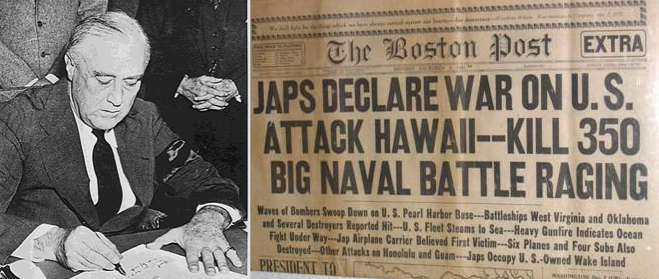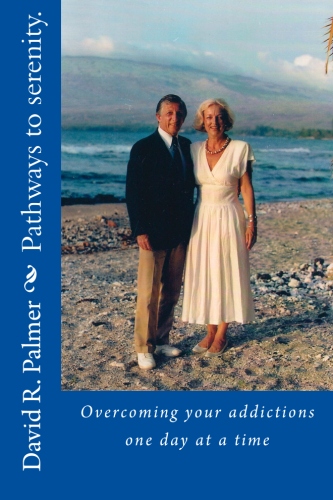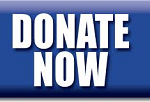I was 12 years old when my father, looking very grave, told us-my mother, sister and me-that the Japanese had attacked Pearl Harbor on Oahu, one of the Hawaiian Islands. It was a picture perfect day in Summit, N.J., a charming commuter town 30 miles west of New York City.
There was about a foot of snow that day, and we were in the backyard sleigh riding, taking turns on my Flexible Flyer, when my father came out to give us the news.
The attack just before 8 a.m. that morning of December 7, 1941 killed 2,400 Americans, sank or damaged 16 ships, half of them battleships, and destroyed 188 planes on the ground. It was, for America, the beginning of World War II. The Japanese had already attacked China, and Germany had invaded Poland and declared war on the French and the British.
President Franklin D. Roosevelt came on the radio and said, in part,
“No matter how long it may take us to overcome this premeditated invasion, the American people in their righteous might will win through to absolute victory.
“I believe that I interpret the will of the Congress and of the people when I assert that we will not only defend ourselves to the uttermost, but will make it very certain that this form of treachery shall never again endanger us.
“Hostilities exist. There is no blinking at the fact that our people, our territory, and our interests are in grave danger.
“With confidence in our armed forces, with the unbending determination of our people, we will gain the inevitable triumph — so help us God.
“I ask that the Congress declare that since the unprovoked and dastardly attack by Japan on Sunday, December 7th, 1941, a state of war has existed between the United States and the Japanese empire.”
True to Roosevelt’s words, the United States and its allies defeated the Empire of Japan and Hitler’s Germany in less than five years. Germany surrendered in May 1945 and Japan surrendered in August of that same year. There were upwards of 50 million fatalities on all sides.
When the war began it looked bleak for the allies. Most of the men from eighteen to forty went to war, there was gasoline and food rationing on the home front, and the car manufacturing companies began making tanks and jeeps instead of Chevies and Fords.
The response to the war in Summit, as in many other communities, was proactive. Despite the shortages and mild inconveniences, there was a sense of everyone pulling together. Here are some examples:
- There was a small private school behind our house that donated its athletic field for use as a “Victory Garden” for anyone who wanted to start one. A dozen residents, including our family, took advantage of it. We never lacked for tomatoes (they tasted great back then), lettuce, corn and other vegetables.
- There was a shortage of meat, and an all-you-can-eat horsemeat market opened for a brief period on Maple Street. My mother, a marvelous cook, who once published recipes in Cosmopolitan magazine, held her nose and bought some. When she ruefully put it on the table, we couldn’t bring ourselves to eat it. Apparently no one else could either. The market soon closed.
- We also had a volunteer air raid warden in our neighborhood who made sure we all turned out our lights at the proper time. He had a helmet and a nightstick and was unfailingly cheerful.
- When I was 14, I took up smoking cigarettes to impress the ladies. It was a bad time for smokers. The main brands, Luckies, Chesterfields and Camels were going to the GI’s and were in short supply plus I was underage (the clerk at Whelan’s, I am convinced, was not fooled by my impersonation of an 18 year old, but he wanted the sale)
The off brand I settled on was Coffee tones for 10 cents a pack. They were awful, and there was no evidence that they helped me impress anyone. Just for the record I quit smoking 50 years ago when the Surgeon General’s report said that inhaling tobacco or coffee grounds would kill me.
My mother, a naturalized American, was Canadian by birth. She was born in Gananoque, Ontario in the heart of the Thousand Islands and that’s where we went for the summer. We had a cottage on Tremont Island.
During the war we saved up our gas coupons so we could make the trip in our 1937 Packard. It was 350 miles from Summit, and my dad figured we could make it on a tank of gas if he drove 35 miles an hour and coasted down the hills. Darned if it didn’t work.
Gananoque is about 18 miles east of Kingston, Ontario, home of the Royal Military Collage, the Canadian equivalent of West Point in the U.S. Nearby there were acres of barracks for soldiers preparing for overseas duty. Many would come to Gananoque for fun.
It could get really boisterous at the Odd Fellow’s Hall and the Provincial and International Hotels, but Canada (which went to war with Germany before the U.S.) and the U.S. were now allies, and, between the occasional fist fights, patriotism was on full display. Watching it all, I just knew we were going to win the war with these guys.
In Winston Churchill and Franklyn D. Roosevelt, we had two great leaders, truly men for the times. On this special day recalling Pearl Harbor, I pray that God will provide us with the leadership the world so desperately needs.





Speak Your Mind